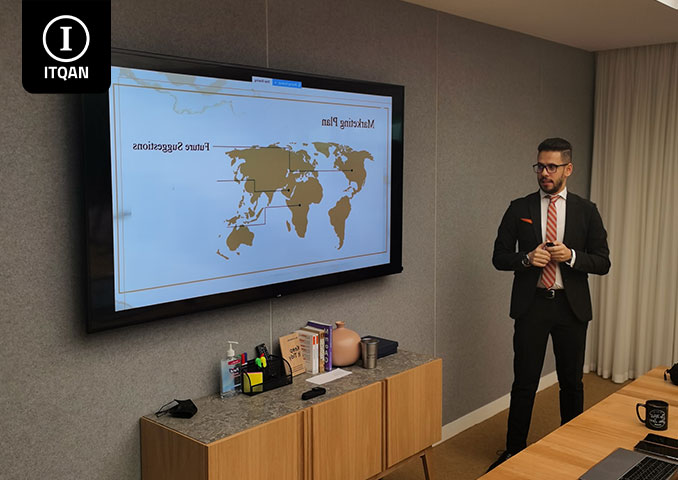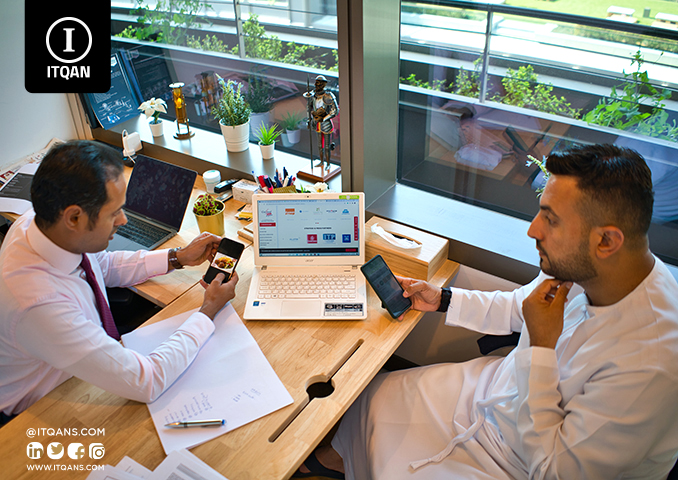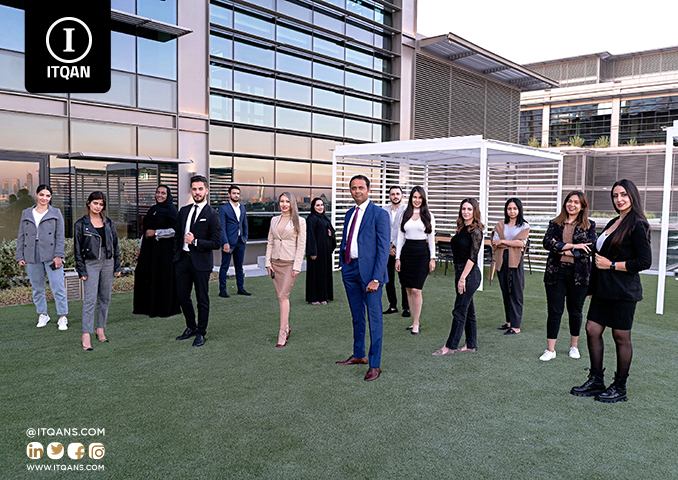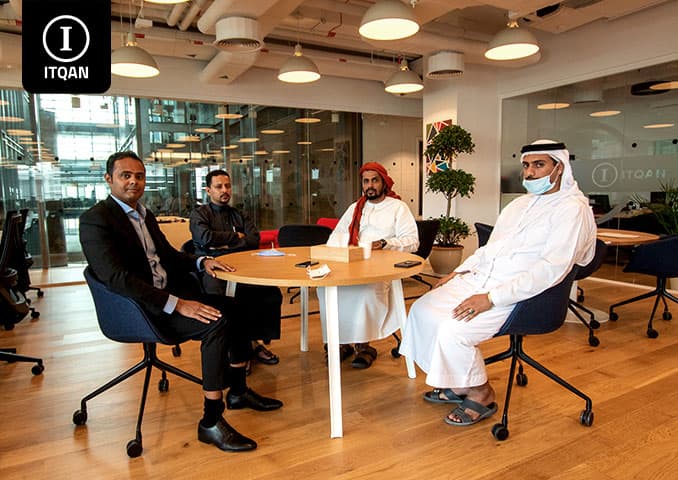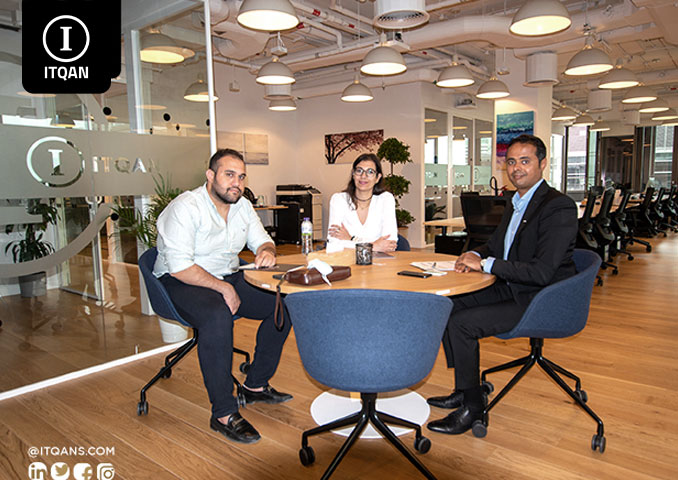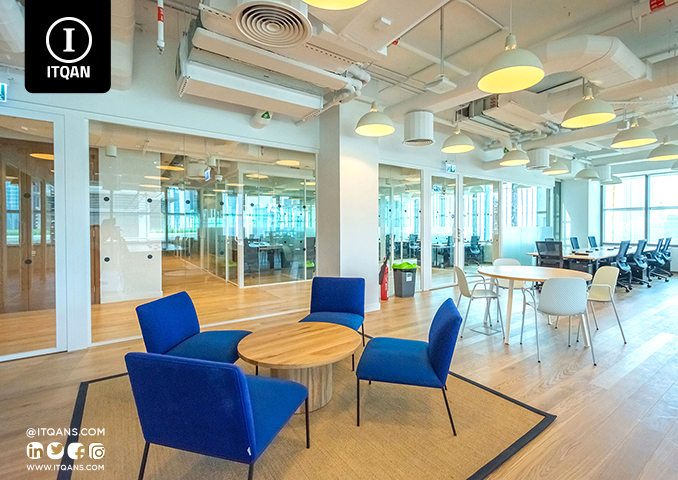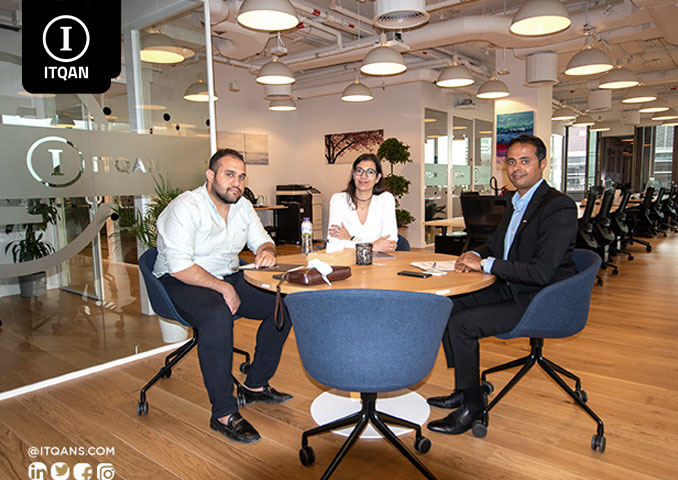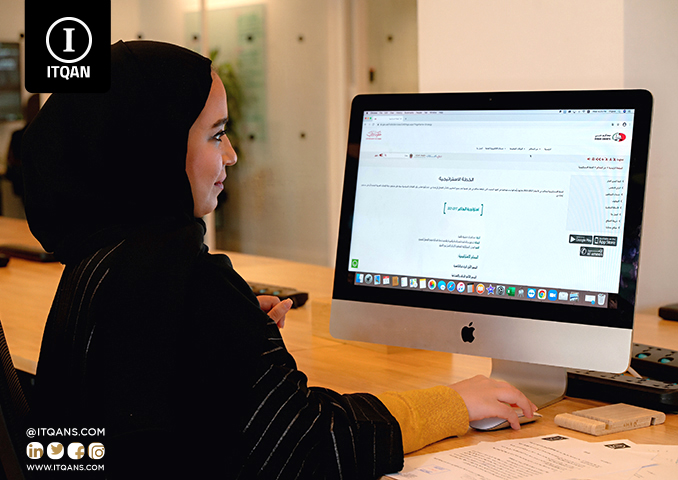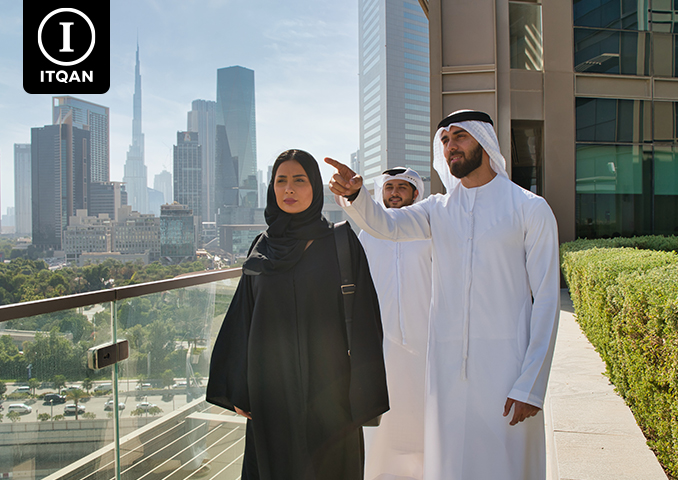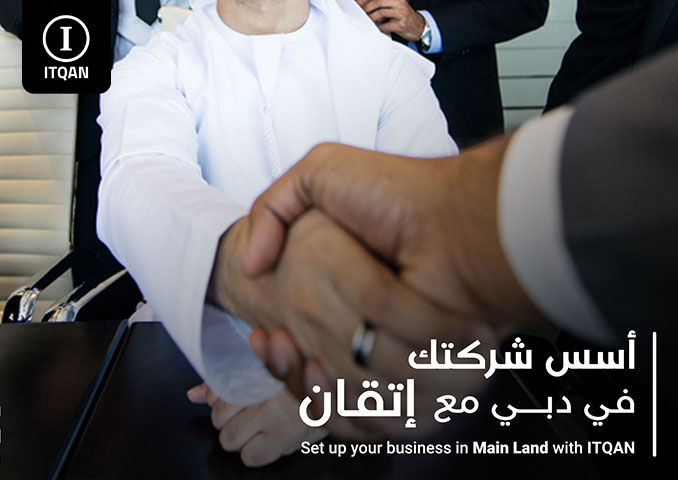Free zones in Dubai. Free zones in Dubai play a pivotal role in strengthening the national economy and attracting foreign investments. Dubai, thanks to its strategic vision and advanced infrastructure, has transformed into a global center for business and trade. Free zones are an essential part of this vision, as they provide an ideal environment for companies and investors wishing to enter the markets of the Middle East, Asia and Africa.
Dubai’s free zones are highly flexible in business transactions and company establishment procedures, making them a preferred destination for multinational companies and startups alike. These zones provide companies with the opportunity to benefit from significant tax incentives and a flexible regulatory environment, in addition to facilitating foreign ownership and access to advanced infrastructure.
In this article, Dubai Free Zone, we will review the advantages of free zones in Dubai, the most important free zones in it, in addition to the challenges these zones face. We will begin by providing an overview of the main benefits that make free zones an attractive option for investors, then we will move on to reviewing the most important free zones in Dubai, such as the Jebel Ali Free Zone, the Dubai International Financial Center, and Dubai Internet City. Finally, we will discuss the challenges that companies operating in these regions may face and how to deal with them.
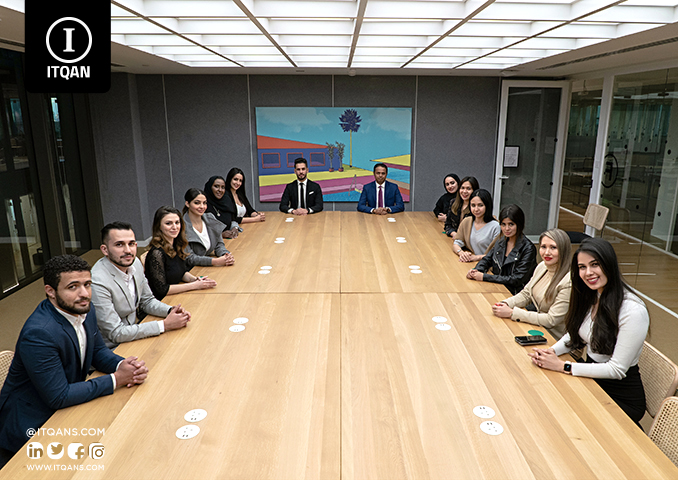
Free zones in Dubai
جدول المحتوى
ToggleAdvantages of free zones
Dubai’s free zones are considered one of the most prominent economic models that have contributed to strengthening the emirate’s position as a global investment destination. These regions have a number of advantages that make them attractive to companies and investors from around the world. Below we review the most important of these advantages:
Tax exemptions
One of the most prominent advantages provided by free zones in Dubai is tax exemptions. Companies registered in these areas enjoy complete exemptions from corporate income tax and value-added tax for long periods of time, up to 50 years. This enhances the ability of companies to achieve higher profits and makes Dubai an attractive destination for investment.
Foreign ownership facilities
Dubai free zones offer great facilities regarding company ownership. Foreign investors can own 100% of companies without the need for a local partner. This type of facility enhances investors’ confidence and encourages them to establish their businesses in Dubai without worrying about legal restrictions related to ownership.
Access to global markets
Dubai’s free zones enjoy a strategic location that makes them a gateway to global markets. Thanks to advanced infrastructure and modern logistics facilities, companies operating in these regions can easily access European, Asian and African markets. The presence of advanced sea and air ports also facilitates the process of effectively exporting and importing goods.
Dubai’s free zones combine these advantages to provide an integrated work environment that encourages innovation and investment. These advantages are key attractions for global companies looking for growth and expansion into new markets.
The most important free zones in Dubai
Dubai is considered one of the most prominent global destinations that host a variety of free zones, which have greatly contributed to strengthening the emirate’s economy and attracting foreign investments. These areas allow companies and investors to benefit from a range of benefits that help them achieve maximum growth and success. Here is a look at some of the most important free zones in Dubai:
Jebel Ali Free Zone
Jebel Ali Free Zone (JAFZA) is one of the largest and oldest free zones in Dubai, established in 1985. The zone extends over a wide area near Jebel Ali Port, which is one of the largest ports in the world. JAFZA provides a wide range of benefits to companies, including full tax exemptions, 100% foreign ownership, and no restrictions on repatriation of capital and profits. It also provides modern infrastructure and advanced logistics services, making it an ideal destination for companies operating in the fields of industry, trade and logistics.
Dubai International Financial Centre
The Dubai International Financial Center (DIFC) is the beating heart of financial activities in the Middle East, combining advanced legislation and modern infrastructure. Founded in 2004, DIFC aims to attract financial institutions, banks and investment companies from around the world. The center is distinguished by providing an independent regulatory environment in line with international best practices, allowing financial companies to operate efficiently and effectively. In addition, DIFC provides a range of outstanding facilities and services, including modern offices, commercial spaces and a work environment that stimulates innovation.
Dubai Internet city
Dubai Internet City (DIC) was established in 1999 as part of Dubai’s vision to transform the emirate into a global technology and innovation hub. The city is home to a wide range of global and local technology companies, from startups to major corporations such as Microsoft and Oracle. DIC offers a range of competitive advantages, including cutting-edge infrastructure, advanced communications services, and access to a broad network of partners and investors. The city also provides a stimulating business environment that allows technology companies to innovate and grow in a rapidly changing market.
These free zones contribute significantly to enhancing Dubai’s position as a global economic and commercial center, as they provide an attractive business environment and competitive advantages that help companies achieve success and sustainable growth.
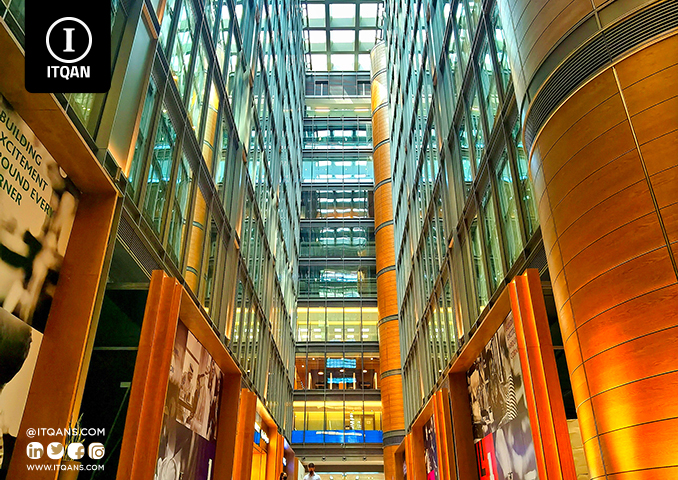
Challenges of free zones
Challenges of free zones
Despite the many advantages offered by free zones in Dubai , they face a set of challenges that can affect their attractiveness and sustainability. Among these challenges:
High competitiveness
Dubai is considered one of the most prominent global destinations for investment and trade, and this creates an intense competitive environment between companies and institutions. High competition may be a challenge for startups and small companies seeking to establish their presence in the market. These companies need effective strategies to provide added value and distinguished services to maintain their position.
Operational costs
Despite the tax exemptions and other facilities offered by free zones, operational costs may be relatively high. These costs include rent, administrative fees, labor costs and logistics. Companies need to manage their resources very efficiently to ensure business sustainability and achieve desired profits.
Government regulations
Government regulations and policies can pose another challenge for companies in free zones. Although the UAE always seeks to improve the business environment and facilitate procedures, continuous changes in laws and legislation may impose an additional burden on companies. Companies must be fully aware of and comply with local and international regulations and laws to avoid penalties and fines.
In conclusion, despite the challenges faced by Dubai’s free zones, the available opportunities and supportive environment make them an attractive option for investors and businessmen. Overcoming these challenges requires good planning, innovation, and flexibility in dealing with variables.
Learn about the free zones in Dubai
Dubai ‘s free zones are a unique model that embodies the emirate’s vision of enhancing both the local and global economy. By offering multiple benefits such as tax exemptions, foreign ownership facilities, and access to global markets, these regions have become a major attraction for companies and investors from all over the world.
In addition, the diversity of these areas, starting from the Jebel Ali Free Zone, which is one of the largest free zones in the world, through the Dubai International Financial Center, which is considered the heart of financial activity in the region, all the way to Dubai Internet City, which is a major center for information technology, enhances Dubai’s position as a global hub for business and innovation.
However, these areas are not without challenges that require innovative strategies to overcome. High competitiveness, increasing operational costs and government regulations are some of the challenges faced by companies operating in these regions. However, ongoing efforts to develop infrastructure and improve the investment environment contribute to reducing the impact of these challenges, which makes Dubai continue to attract more international investments and companies.
In conclusion, it can be said that Dubai’s free zones play a vital role in driving the economic growth of the emirate, and confirm its position as a global center for business and investment. By continuing efforts to improve and develop these areas, Dubai can continue to attract investments and achieve greater success in the future.
Frequently asked questions about free zones in Dubai
What is a free zone?
Free zone: It is a specific area within the country that has a special administrative and legal system that allows companies to enjoy unique tax and administrative advantages, with the aim of encouraging foreign investment and commercial activity.
What are the main advantages of establishing a company in the Dubai Free Zone?
Tax exemption: Complete exemption from taxes on income and profits for up to 50 years. 100% foreign ownership: Foreign investors can own the entire company without the need for a local partner. Customs exemption: Exemption from customs duties on imports and exports within the free zone.
What types of commercial activities are allowed in free zones?
Diversity of activities: including commercial, industrial, service, consulting, and media activities. Specific specializations: Some free zones specialize in certain activities such as technology, media, or logistics.
What are the most famous free zones in Dubai?
Jebel Ali Free Zone (JAFZA): One of the largest and most popular free zones in Dubai. Dubai Internet City (DIC): A technology hub for companies working in the field of information technology.
What are the basic steps to establish a company in the Dubai Free Zone?
Choosing a free zone: Choosing the appropriate free zone for the type of business activity. Submitting an application: Fill out the application form and submit the required documents.
What are the documents required to establish a company in the free zone?
Copies of passports: for shareholders and directors. Proof of Address: Proof of current address may be required.



